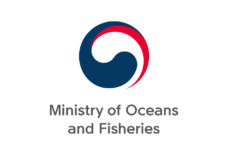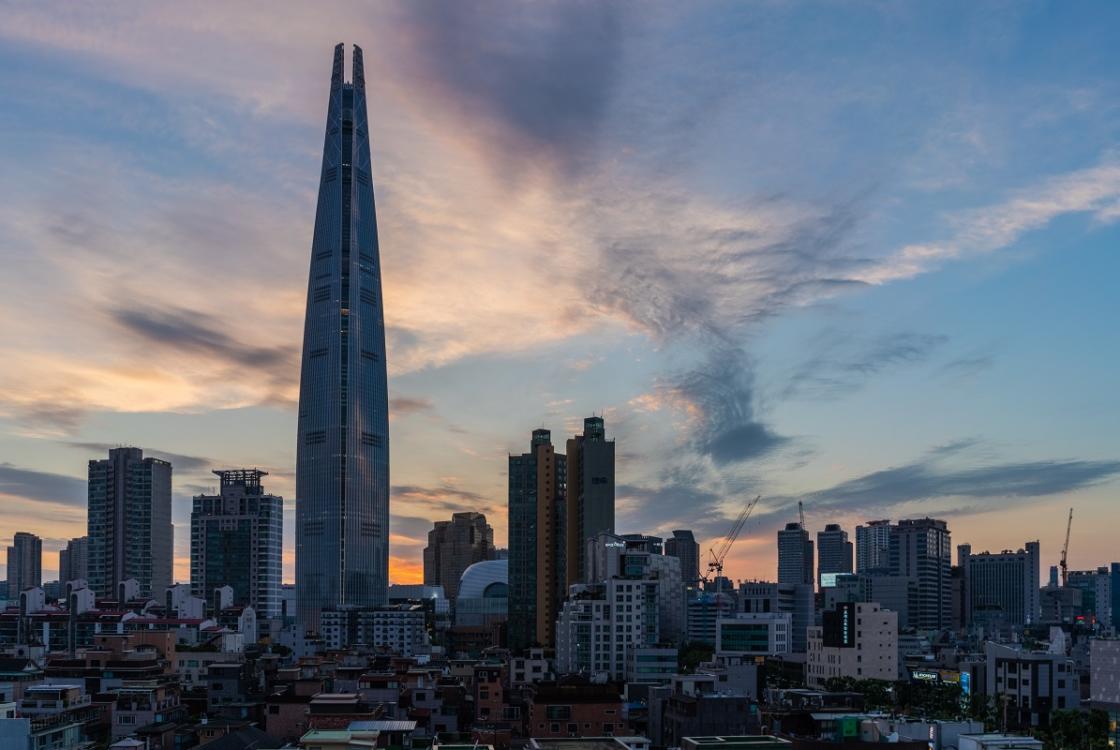South Korea’s Ministry of Oceans and Fisheries (MOF) announced last Tuesday its plan for stricter country-of-origin inspections of fishery products. According to them, the new policy is to protect public health from potential diseases from seafood products from Japan, China, and other countries.
According to representatives from the ministry, eight seafood products would be included for stricter inspections. These products include red sea bream, pollack, bonito, ascidian, scallop, eel, mackerel, and octopus. The control will be applied from September 5 to October 31 this year.
Although not explicitly stated by the ministry, analysts see the move as another retaliation by South Korea to Japan’s export restrictions. Japan placed various restrictions on the shipping to South Korea of multiple materials necessary for the creation of semiconductors and display panels. The restrictions were in protest to Korea’s Supreme Court ruling ordering Japanese companies victim’s of the latter’s forced labor camps.
The move is expected to hit Japan’s seafood industry, being that it is the second-largest exporter of sea products to Korea. Some Korean consumers applaud the move saying that Japanese sea products may be contaminated with radioactive substances.
“The tightening of country-of-origin inspections is to ensure the health and safety of the people,” the minister said. “The decision reflects the public concern about the contamination of seafood.”
The restriction will include distribution channels such as food processing plants, restaurants, and large retail stores. According to the ministry, suppliers that fail to tag their products “country-of-origin” labels will be held liable for up to 10 million won ($8,225). Distributors to falsify these labels, on the other hand, will be slapped with a higher 150 million won fine.







